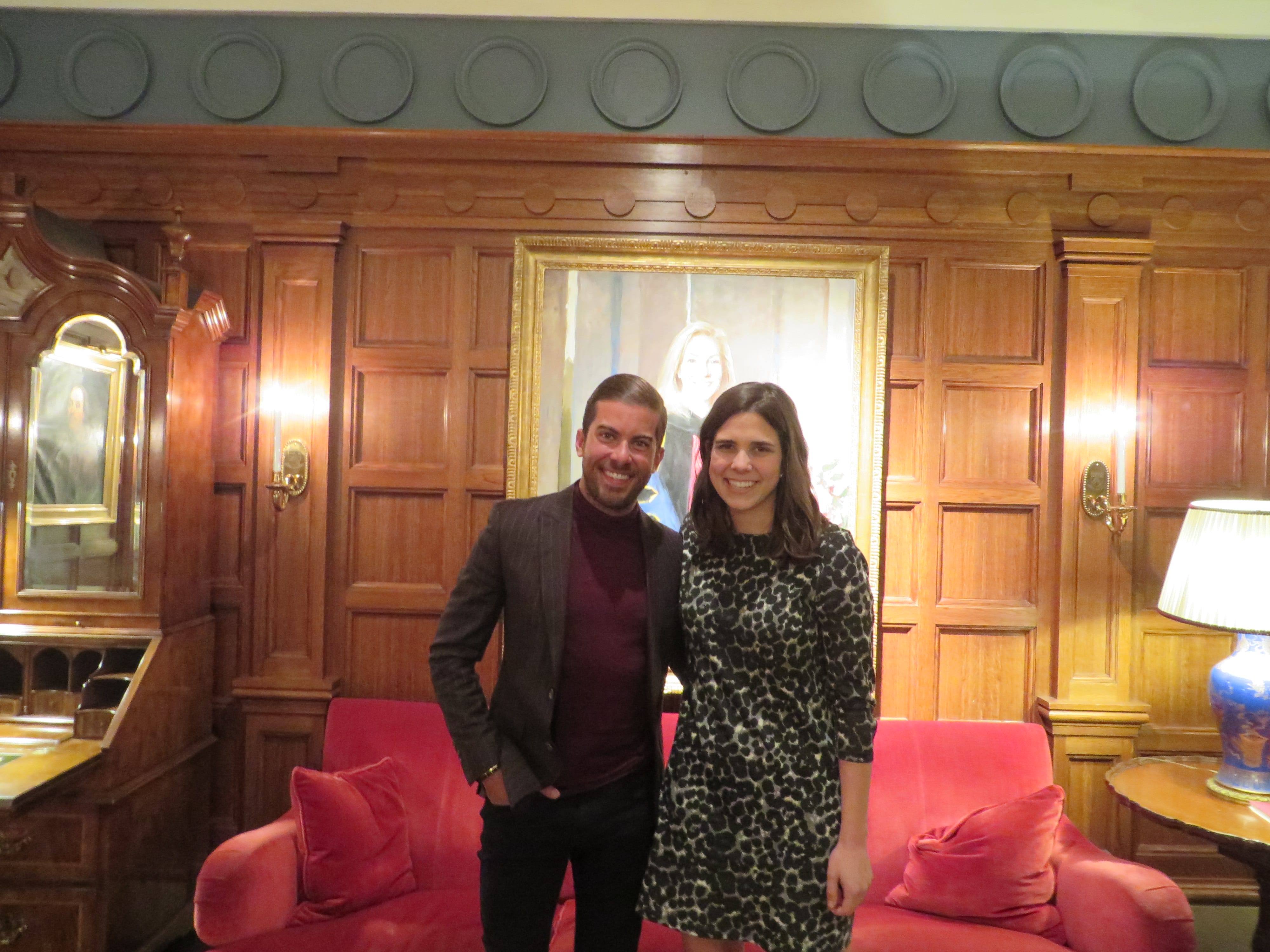“I see life as a big set of stairs I am about to jump.” Before he was the star of Bravo’s Million Dollar Listing New York, Luis D. Ortiz was a seasoned risk taker. At the age of 16, he made the life-changing decision to leave his native Puerto Rico with his twin brother in search of opportunity in the United States. He first moved to Fort Lauderdale, where he worked putting sensors in shirts at Hollister by day and swept floors as a janitor at a community college by night. An animated storyteller, Luis decided to pursue a career as a filmmaker in New York City. After he produced his first award-winning film, he received the backing of local restaurateurs to fund his next feature, but ultimately decided not to release it because he was not satisfied with the finished product. Recognized as a natural salesman, Luis was encouraged to try his hand at real estate and soon found himself on the floor of a Wall Street brokerage firm. During the past nine years, Luis has sold more than a quarter billion dollars in real estate and most recently worked as a top-selling luxury property broker at Douglas Elliman in Manhattan.
For someone who admits that he did not know what the phrase “real estate” meant when he moved to the United States, Luis was intrigued by this electrifying industry: “This was the first time I was able to do something that I was always told I was not going to be able to do without the conventional ways of upbringing or a formal college education.” Despite his impressive success and international notoriety as a household name among Bravo fans, Luis recently announced that he is leaving the business.
Although this decision prompted confusion among many, it was a simple choice for Luis. As a person who prides himself on “being addicted to happiness,” he realized that real estate was no longer making him happy, even though he was at the top of his game. Inspired by his courage to make this professional transition, I asked Luis how he knew it was the right time to start a new career. He relates his decision-making process to one of his favorite former hobbies, skateboarding. “When I was growing up in San Juan, my friends and I used to skateboard 12 hours a day. We would jump staircases at the plaza and the most we ever jumped was 15 stairs. In order to get to this point, you have to start with two stairs, then four stairs, and work your way up. Obviously, the bigger the stairs the harder the fall. With each fall, I figured out what I had to do to land the jump and when I finally did it helped me become more confident. Skateboarding is a lot like life. If I would have stayed in real estate, it would have been like jumping two stairs for the rest of my life.”
Now that he has left real estate, Luis is writing a book about his favorite subject—happiness, which he defines as “a daily choice.” Contrary to the opinions of many young people in the professional world, Luis thinks that people are unnecessarily obsessed with job titles; one’s job should not be her identity. He encourages people to focus on discovering what makes them unique and finding positions that force them to feel uncomfortable to promote personal growth. “Life,” he says, “is a journey for us to get to know ourselves as much as possible.”
No matter what he does next, Luis has developed valuable skills from his diverse professional experience that are transferable to any industry. As an expert negotiator, Luis has participated in more than 2,000 deals as a real estate broker. Luis believes that the best negotiators get to know both parties and their objectives, are curious and are authentically interested in solving the project. Most importantly, Luis emphasizes that “negotiations don’t take place in one room or one day; negotiations take time. If they say no at first, it is a no until it becomes a yes. Sometimes you just have to let it pass and approach it differently the next day.” In addition to being a fearless negotiator, Luis has learned how to create a powerful personal brand. Luis shares that the best way to build your brand is to be yourself consistently because it takes too much time to pretend to be someone else.
Whether you are a student in the classroom or a veteran in the boardroom, everyone can embrace Luis’s mentality of “jumping the stairs” in their own lives to achieve a greater sense of fulfillment that ignites personal transformation.
[Special thanks to Ronita Kalra, Lisa Frenz and Samantha Grasso for arranging this interview.]

























